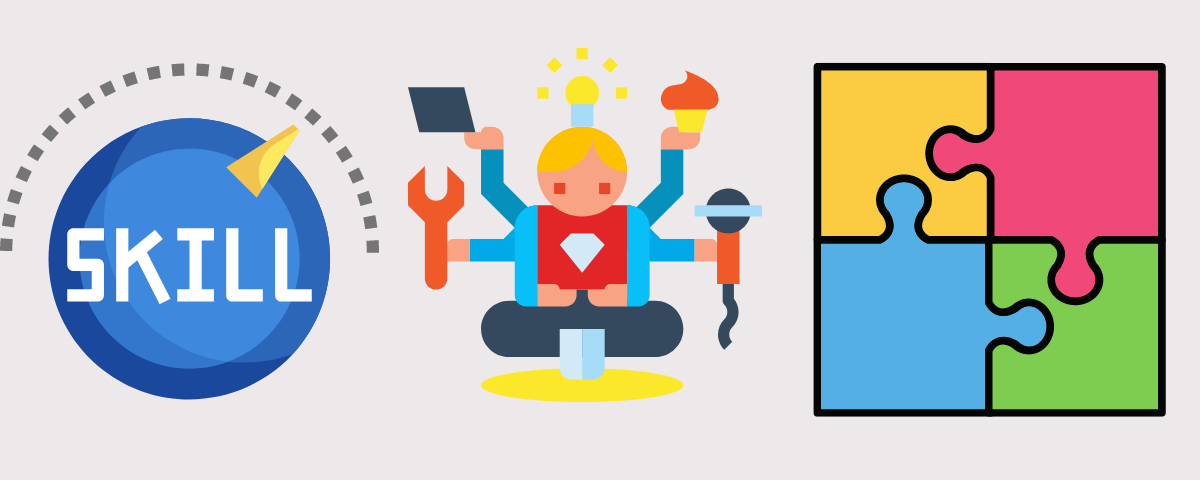Soft skills are personal qualities or attributes that enable you to interact effectively and harmoniously with others. They are also referred to as “people skills”, “interpersonal skills”, or sometimes “enterprise skills.” Examples of soft skills include communication, teamwork, problem-solving, decision-making, adaptability, time management, and conflict resolution.
Soft skills are important for a number of reasons. Firstly, they are essential for building and maintaining positive relationships with others. When you have good soft skills, you are able to communicate effectively, listen actively, and collaborate with others in a way that promotes harmony and trust. This is particularly important in the workplace, where the ability to work well with others is often a key factor in job performance and career advancement.
In addition to their importance in relationships, soft skills are also critical for personal and professional success. They enable you to navigate complex situations and make sound decisions, and they help you to manage your time and resources effectively. Having strong soft skills can also make you more adaptable and resilient, allowing you to handle change and challenges more effectively.
In summary, soft skills are important because they enable you to interact effectively with others, navigate complex situations, and succeed in both your personal and professional life.


